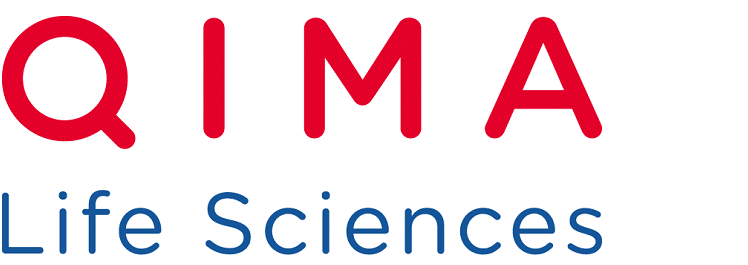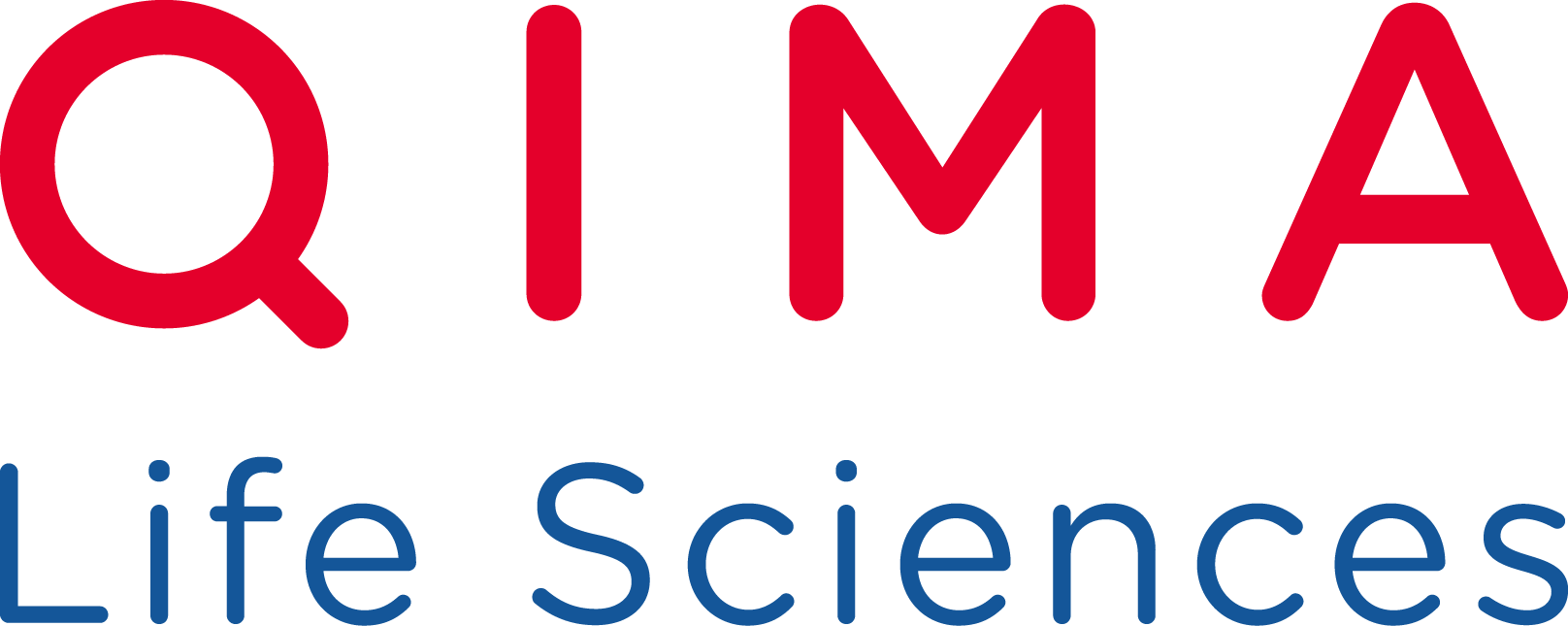WHAT YOU WILL LEARN IN THIS ARTICLE:
- What Is a CRO?
- How Can a CRO Contribute to My Project?
- How Can I Make Sure to Choose the Right CRO?
This article will examine why partnering with a Preclinical CRO to assist (or even collaborate on) your project can be an excellent idea. Moreover, we will share five key questions you should ask before making up your mind regarding the CRO of your preference.
What Is a CRO?
Let’s start from the beginning: What is a CRO?
CRO is the acronym that stands for Contract Research Organization. Briefly, CROs provide support to different industries (such as the cosmetic, pharmaceutical, and biotechnological industries) by offering them the outsourcing of part of their research. In other words, contracts are signed between companies and CROs by which the latter engages to conduct and complete specific tasks (e.g., assays, analysis, communication services).
Today, more and more companies rely on CROs not only for different preclinical R&D needs but also for managing clinical trials. Indeed, the broadest classification level for CROs divides them into preclinical and clinical. In this article, we will only focus on preclinical CROs.
How Can a CRO Contribute to My Project?
The research involved in the development and preclinical testing of new products is often too complex to conduct in-house, especially for smaller companies. This is why many businesses turn to CROs to avoid the additional costs of assembling an in-house research team for every project. So how to know if this option is also suitable for your company?
To answer this fundamental question, you need to precisely assess your company’s existing capabilities and contrast them with the requirements of the research project you want to undertake. If you determine that all your project activities can be done in-house or that any gaps can be closed with only a small investment, your project may not need a CRO this time. However, if your project’s needs outstrip your own research capabilities, it most surely makes financial sense to engage a CRO. In this way, you can continue to focus on your core expertise while outsourcing some of the activities.
How Can I Make Sure to Choose the Right CRO: 5 Crucial Questions to Ask
At this stage, you have decided that soliciting the support of a CRO may be a helpful solution, but you still aren’t sure how to select the best partner to work with. Indeed, this might be a difficult decision because several key factors need to be pondered.
An excellent way to start is to create a short list of available service providers, request proposals, and compare their capabilities. Here are some of the questions that will help you find the right CRO for your project:
1. Does the CRO have the appropriate facilities and technologies?
This may probably be the most essential aspect to consider since it refers to the initial reason why you looked for support in the first place. Thus, before partnering with a CRO, you want to be sure they have all the necessary material resources to support your project. The facilities and laboratories must be appropriately accredited, all the equipment properly maintained and regularly calibrated, and all infrastructure compliant with relevant research practice guidelines.
*
2. What are their experience and expertise?
Half of a successful experiment relies on proper facilities and equipment; the other half depends on adequately trained scientific staff. Indeed, the employees of the selected CRO – whether PhDs, engineers, or technicians – must have appropriate educational and professional backgrounds, experience, and training in the fields of interest. To assess this, you can require examples of previous projects on the same (or a similar) topic—usually, the greater the experience, the more efficient in procedures and project management.
Also importantly, it’s desirable that the staff is open to discussion and exchange, in particular, that it is capable of accurately qualifying your needs, understanding your goals, orienting you to the most suitable solutions, and even suggesting further studies and new directions for your research.
*
3. What quality assurance (QA) procedures are in place?
Any decision about a product’s safety or efficacy will be made on the assumption that the research behind the data is solid. Quality assurance is, therefore, also critical to good research practices. Thus, to ensure that high-quality standards are applied, it may be worth asking if any methods or procedures are employed to assure the quality of their work and even consult the results of any external audits by regulatory authorities.
*
4. How financially stable is the CRO?
Project delays and cancellations – which are frequent in the research business – can impact the cash flow of CROs. Before settling on your choice of partner, you want to be confident that they are strong enough to weather various downturns while continuing to support your project.
*
5. Do they have a strong communication and project management culture?
It’s very important to have a dedicated point of contact in the CRO and know who is responsible for your project. This is useful in the day-to-day and crucial when dealing with unexpected changes. Even the best-managed projects may need their schedules and budgets revised, and you want to work with a team that can manage change proactively and effectively.
Take-home message
Partnering with a CRO can be a helpful solution to bring value to a project. It’s important to remember that preclinical CROs can serve more than just an “extra pair of hands” for performing specific assays. Instead, they can become true collaborators in your research and be a source of new ideas and innovative solutions.
The questions above will guide you through your choice of a CRO partner to help you meet your goals.
You may have noticed that no questions concerning costs were included in the list, and that’s because cost evaluation is a complex subject that needs to be assessed delicately. It’s clear that costs must be affordable according to your current budget. Yet, the decision to conduct all your research in-house, even when lacking expertise on certain aspects, can lead to even more significant monetary investments. This can be explained by a lack of familiarity with a particular subject, steep learning curves, and unnecessary failures. Thus, in these cases, partnering with a CRO may reduce your costs in the long term.
References
Partner with a CRO That’s Right for You
At QIMA Life Sciences, we are committed to assisting the health industry by offering competitive customer-oriented, and collaborative innovation services.
Our scientists have extensive expertise and know-how that can be applied to a wide range of pre-clinical and clinical research projects. We offer customized technical solutions that can best meet your requirements, prerequisites, and objectives, with particular attention given to the feasibility study and personalized management of your projects. With our state-of-the-art facilities and over 20 years of experience supporting projects in the dermatology, pharmaceutical, and biotechnological industries, we are pleased to offer you dedicated project management support and consulting for your R&D process.
*
Ready to discuss a testing and research program that will suit the needs of your business?






